Advertising does not change the world, action changes the world: Chlorophyll's Halve
And yes with 28 years of experience behind him, only he can be termed as the torchbearer of the industry. Anand Halve, co-founder of Chlorophyll, the brand & communications consultancy firm, in his long career has seen the growth and evolution of advertising.
He has worked with some of the greats in Indian advertising, and has an intimate understanding about how brands function.
Halve is well known for his strategic acumen and creative work with many blue chip brands, which includes names such as Lakme, Blue Dart, Dabur, Britannia, Hero Motors, Titan, Standard Chartered and National Egg Coordination Committee (wrote the line "Sunday ho ya Monday, roz khao anday" ) to name a few.
Adgully asks him about his journey, how the face of advertisement has changed from its early days to present day and what inspired you to start Chlorophyll? Excerpts from an exclusive interview:
Adgully: So tell us how did you make your entry into advertising world?
Anand Halve: My interest in advertising grew during my IIMA days. One of my professors Labdhi Bhandari was working with Clarion advertising. An interaction with them led to the whole advertising thing. From that day onwards I was convinced that working with an advertising field would be exciting.
I had quit medicine because I found it uninteresting. So I wanted to take up something, wherein I will enjoy myself. That's how I started with Lintas and worked there and at Enterprise for long stints.
Besides that I have also worked with Alyque Padamsee, who can be termed as the pioneer of TV advertising in India. That's how I started my long and enjoyable journey.
AG: Back there at IIMA, what kind of career objective did you have?
AH: I enrolled myself into IIM-A largely to escape from medicine. Like I said, I wanted to do something interesting, so I took up management. By the time I completed the programme at IIM-A, the choice was between marketing and advertising.
I was short-listed by Hindustan Lever, but Lintas made the job offer on campus itself, and that's how my life in advertising began.
And despite all the work pressures and stress, I realized that it still offered a lot of excitement, something that I was looking for from my job.
It's important to find enthusiasm in what you do.
AG: You have been in the industry for quite sometime now. How has the industry changed over the years?
AH: Well I feel that the industry is still caught up in the luxury of times when advertising did not have to perform.
Back in 70s, India was still coming to terms with global economy. People needed personalized communication, to get the product. I remember an interview of Rahul Bajaj, wherein he had said, "I don't need a marketing department I need a dispatch department.' Because at that time if anyone booked a Bajaj scooter he had to wait at least for three years to get the scooter. So at that time advertising was a luxury and indulgence, which did not have to deliver the result.
What did the Bajaj scooter advertising do? It needed to do nothing, there was a queue waiting out of Bajaj factory.
Switch to year 2010, for every little things, you go the malls, where you have 50 brands of readymade garments, 100 brands of restaurant, somebody is offering you smoothies, and somebody is offering you sandwiches.
For example, you can't say "Jago re" is a lovely idea and go buy a Taj Mahal tea. "Jago re" has value only if people go and buy Tata tea.
I really want to ask them that what is the market share before the activity and after the activity?
They have moved their campaign from election to corruption but then are people going and buying the product?
AG: So where does advertising these days suffer?
AH: Sometime back I had written to Idea "What an idea sirji".
But my point says that can Idea say that they will not use paper anymore. There is another part, where advertising really suffers. People win award for public service advertising because it is clever and it has nothing to deal with.
For example, you can make a clever poster of a blind child who has achieved nothing. You can pay a celebrity, who would encourage people to donate their eyes. Then you would run a campaign and say that right now India needs X number of corneas. Before this campaign we got N numbers of cornea and after this we have got 20 times X number of cornea.
First advertising has to deliver business results, but the competitive nature of the marketing universe. The second is this a fascination with creativity which masks the truth of why you exists and the third is that advertising can play its role which is far beyond its mandate like public service.
Advertising does not change the world, action changes the world. And there is a gap unfortunately between this dreamland advertising and a ground reality.
AG: These days you have Colleges that offer advertising as course. How much of it is helpful?
AH: People from advertising cannot be taught. People cannot teach you. You learn from your experiences. If teaching would help you understand things better, then there would be no one with bad habits.
A great example is Mahatma Gandhi ' a man who practiced whatever he preached. In contrast look at the politicians, who come out of their exquisite houses and say "hum garibon ke saath hein'. Are they really interested in how the poor guys live?
AG: What inspired you to start Chlorophyll?
AH: The huge disillusionment with the way that something, which is designed to human scale, has now been converted into a manufacture model.
You can make 2000 hand crafted Bentleys for the year, you cant make 10 million Bentleys. Because when you make 10 million then you make a Toyota, Toyota will be good at price but nobody will say Toyota is an attractive piece. It can't stir your soul.
Even If you are a film maker, then now a days you don't get a quality work look at Sidney Sheldon or Mills and Boons, it's a factory the plot is always known instead of hospital the girl is working in architect firm or an advertising firm, the long fingers in the steering wheel.
Now the needs of advertisements are far larger then in 90s because of the rising options of products in the market.
That's what inspired us to start Chlorophyll.
AG: So what would be your advice to young entrepreneurs?
AH: Entrepreneurs do not need any advice and if they need advice then they are not entrepreneurs.
I remember a sentence from fountain head, when Peter Keating asks Howard Roark that "How do you always know what do you want' then Howard replies, "How you can stand not knowing what you want.'
If anybody asks me what career I should pursue, then I would advice to them to jump from the roof top or hurling yourself down from sea link.



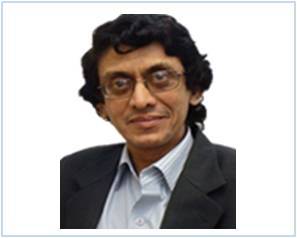
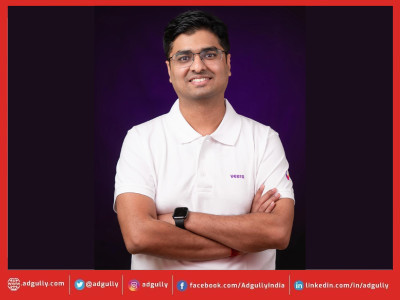

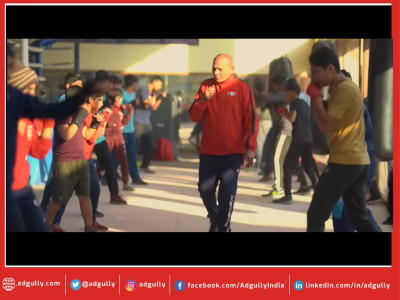




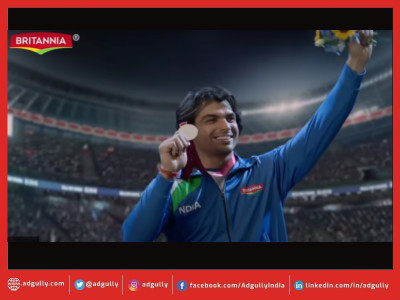
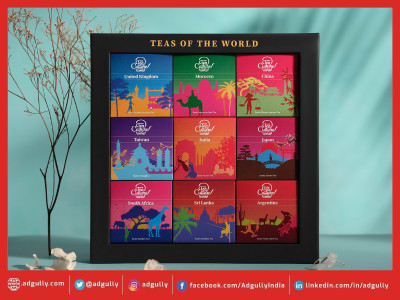
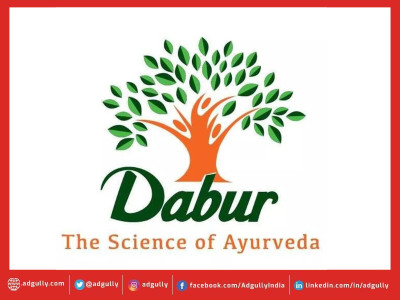
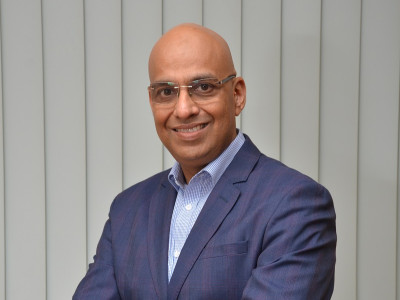



Share
Facebook
YouTube
Tweet
Twitter
LinkedIn